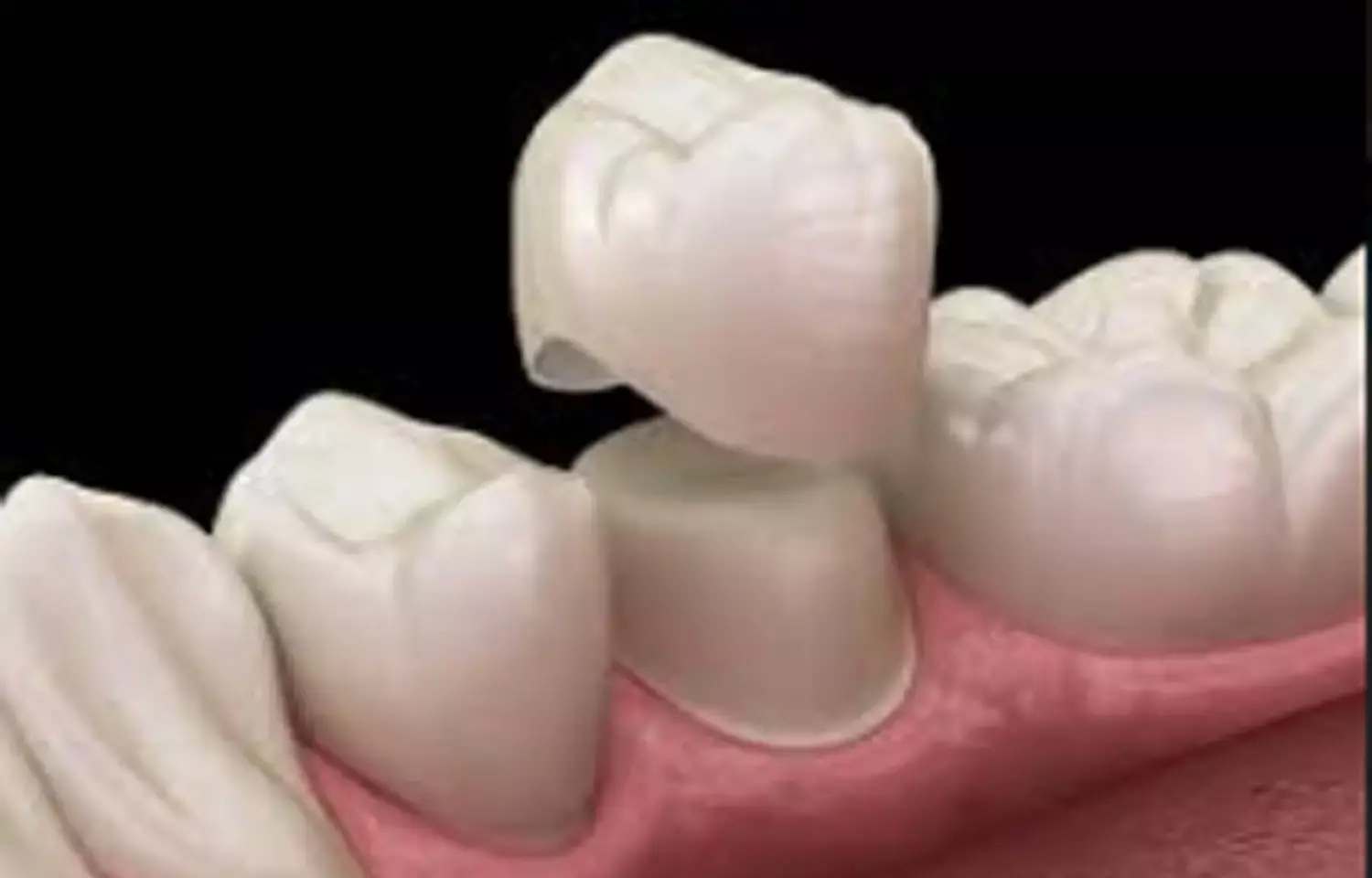- Home
- Medical news & Guidelines
- Anesthesiology
- Cardiology and CTVS
- Critical Care
- Dentistry
- Dermatology
- Diabetes and Endocrinology
- ENT
- Gastroenterology
- Medicine
- Nephrology
- Neurology
- Obstretics-Gynaecology
- Oncology
- Ophthalmology
- Orthopaedics
- Pediatrics-Neonatology
- Psychiatry
- Pulmonology
- Radiology
- Surgery
- Urology
- Laboratory Medicine
- Diet
- Nursing
- Paramedical
- Physiotherapy
- Health news
- Fact Check
- Bone Health Fact Check
- Brain Health Fact Check
- Cancer Related Fact Check
- Child Care Fact Check
- Dental and oral health fact check
- Diabetes and metabolic health fact check
- Diet and Nutrition Fact Check
- Eye and ENT Care Fact Check
- Fitness fact check
- Gut health fact check
- Heart health fact check
- Kidney health fact check
- Medical education fact check
- Men's health fact check
- Respiratory fact check
- Skin and hair care fact check
- Vaccine and Immunization fact check
- Women's health fact check
- AYUSH
- State News
- Andaman and Nicobar Islands
- Andhra Pradesh
- Arunachal Pradesh
- Assam
- Bihar
- Chandigarh
- Chattisgarh
- Dadra and Nagar Haveli
- Daman and Diu
- Delhi
- Goa
- Gujarat
- Haryana
- Himachal Pradesh
- Jammu & Kashmir
- Jharkhand
- Karnataka
- Kerala
- Ladakh
- Lakshadweep
- Madhya Pradesh
- Maharashtra
- Manipur
- Meghalaya
- Mizoram
- Nagaland
- Odisha
- Puducherry
- Punjab
- Rajasthan
- Sikkim
- Tamil Nadu
- Telangana
- Tripura
- Uttar Pradesh
- Uttrakhand
- West Bengal
- Medical Education
- Industry
Zirconia Fixed dental prostheses have high survival rates, Finds study

According to recent research, it has been observed that anterior veneered zirconia partial fixed dental prostheses (FDPs) have a relatively higher survival rate, as published in the Journal of Prosthetic Dentistry.
Anterior veneered zirconia partial fixed dental prostheses (FDPs) have substituted for metal-ceramic to improve esthetics and biocompatibility. However, the material is susceptible to aging or hydrothermal degradation and to chipping of the feldspathic veneer. Whether these susceptibilities limit the clinical performance of anterior veneered zirconia FPDs is unclear.
Therefore, María FernandaSolá-Ruiz and colleagues from the Department of Dental Medicine, Faculty of Medicine and Dentistry, University of Valencia, Valencia, Spain conducted the present study to analyze the mechanical and biologic behavior of zirconia partial FDPs in the anterior region over a 12-year follow-up period.
Twenty-seven 3- to 6-unit FDPs fabricated from zirconia veneered with feldspathic porcelain were placed in the anterior region and examined clinically at 1 month, 6 months, and then annually for 12 years, recording mechanical and biologic outcomes. Raw complication rates and time-to-event Kaplan-Meier analysis was conducted and compared as per the partial fixed dental prosthesis type.
The following results were seen-
a. Five FDPs had biologic complications (3 with secondary caries, 1 with periapical pathology, 1 with periodontal disease) and 9 had mechanical complications (7 with chipping and 2 with decementation).
b. Chipping was the most prevalent complication and increasingly found with longer-span fixed partial prostheses (P=.007).
c. Five FDPs had to be replaced because of complete failure, the most frequent cause of failure being secondary caries (P=.003).
d. The mean survival rate (no failures) was 11 years 4 months (95% confidence interval, 10.3-12.7).
Hence, the authors concluded that "Zirconia FDPs had an 81.5% survival rate over 12 years. A higher incidence of complications took place during the first 3 years, the most common being chipping."
Dr. Nandita Mohan is a practicing pediatric dentist with more than 5 years of clinical work experience. Along with this, she is equally interested in keeping herself up to date about the latest developments in the field of medicine and dentistry which is the driving force for her to be in association with Medical Dialogues. She also has her name attached with many publications; both national and international. She has pursued her BDS from Rajiv Gandhi University of Health Sciences, Bangalore and later went to enter her dream specialty (MDS) in the Department of Pedodontics and Preventive Dentistry from Pt. B.D. Sharma University of Health Sciences. Through all the years of experience, her core interest in learning something new has never stopped. She can be contacted at editorial@medicaldialogues.in. Contact no. 011-43720751
Dr Kamal Kant Kohli-MBBS, DTCD- a chest specialist with more than 30 years of practice and a flair for writing clinical articles, Dr Kamal Kant Kohli joined Medical Dialogues as a Chief Editor of Medical News. Besides writing articles, as an editor, he proofreads and verifies all the medical content published on Medical Dialogues including those coming from journals, studies,medical conferences,guidelines etc. Email: drkohli@medicaldialogues.in. Contact no. 011-43720751


